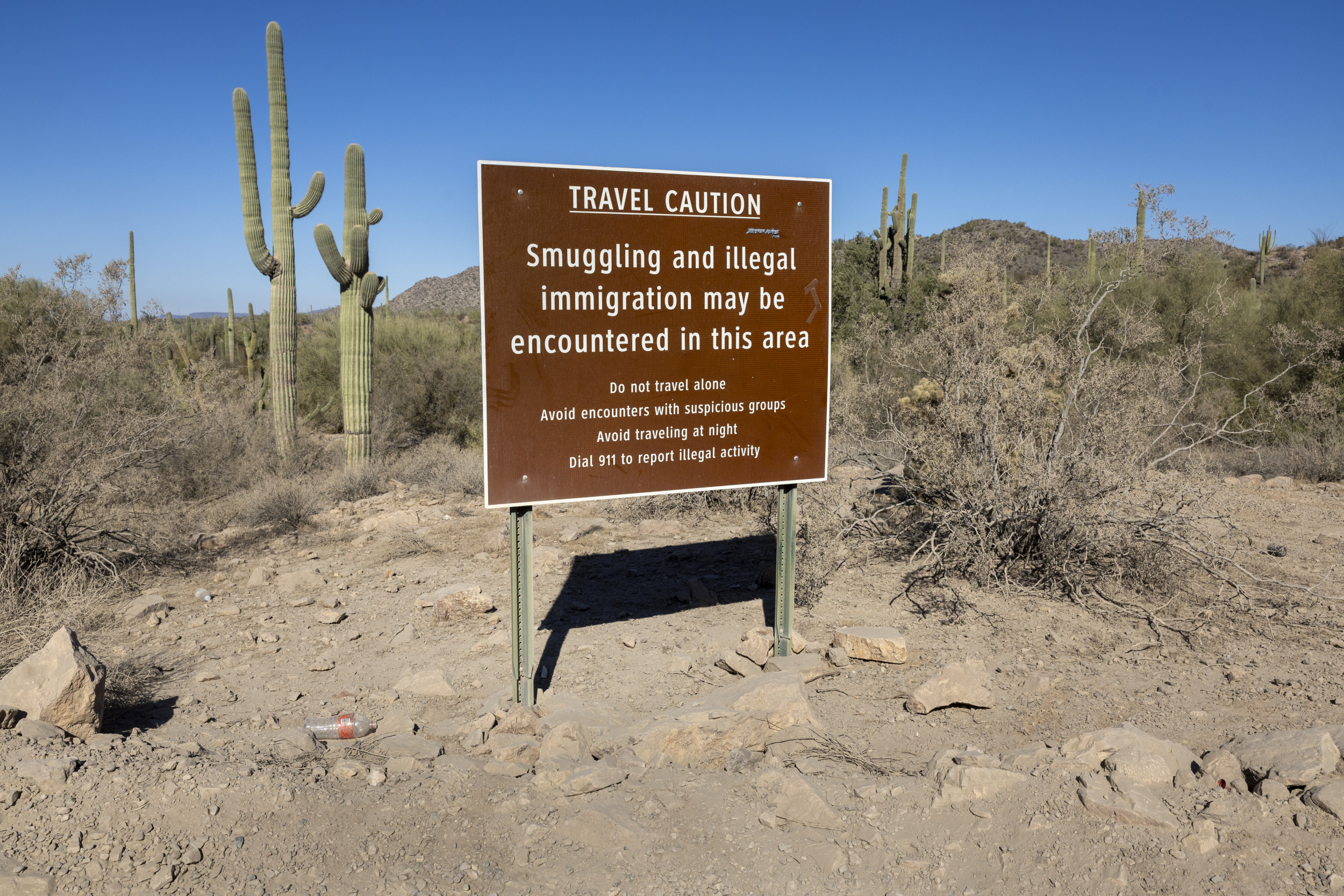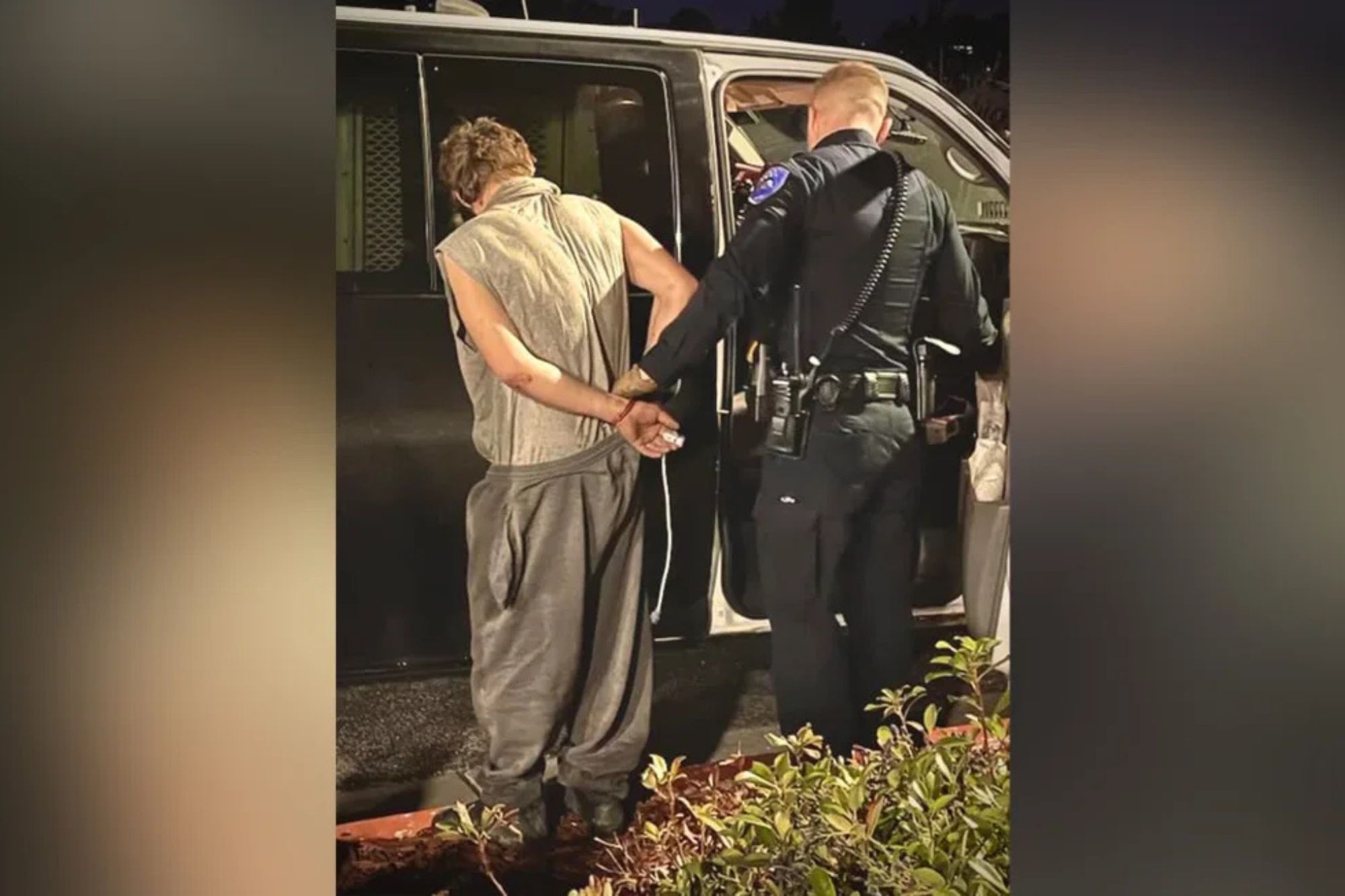Police officers in Juarez, Mexico, have arrested two teenagers accused of holding four Jordanian migrants captive for a month, time during which the victims were reportedly threatened with a loaded shotgun.
Investigations suggest the migrants were likely being held by smugglers who had hired the teenagers to watch over them.
The arrests took place this week in a home in the Campesina neighborhood, southeast of downtown Juarez. Police responded to a 911 call from concerned neighbors who reported unusual activity at the residence. According to a municipal police report, officers approached the house and saw individuals inside signaling for help.
When officers entered the home, they encountered two teenagers, who surrendered despite having a loaded shotgun nearby. Inside the house, police discovered four adult males in a locked room, one of whom had an injury to his right hand, according to the Border Report.
The arrested teens were taken into custody, while the four captives were transported to a police station for medical attention.
The victims, who had been held in captivity for 30 days, reported being mistreated by their captors. According to the police recount, the teens allegedly pointed the shotgun at the migrants and made threats against their lives during the ordeal.
The El Paso-Juarez-Southern New Mexico corridor continues to be a hotspot for migrant smuggling despite a substantial decrease in U.S. Border Patrol encounters since June.
In October, U.S. border agents apprehended 10,818 unauthorized migrants in the El Paso sector alone. While most of the apprehensions involved Mexican nationals and citizens from Central America, 18,700 arrests involved people from several countries worldwide.
The arrests highlight the ongoing dangers migrants face while crossing through Mexico on their way to the United States. While the incoming president has promised to carry out the largest mass deportation in U.S. history, human smugglers and prospective migrants are spreading a common message: hurry and enter the U.S. before Inauguration Day.
Many expect the new administration will dismantle legal pathways of entry, including a government app that allows people to apply for asylum in the U.S. while in Mexico and then cross legally when they have an appointment. This system, introduced just last year, has provided a legal alternative for some migrants.
Migration experts warn that Trump’s hardline stance on immigration could unintentionally fuel organized crime. By further restricting already limited legal avenues, these policies may push more migrants into the hands of human traffickers and smugglers—many of whom are connected to criminal networks.
“Organized crime is the biggest winner,” said Martha Bárcena, former Mexican ambassador to the U.S., that people-smuggling profits now rival drug trafficking revenues. Annual revenues from the human-smuggling business are estimated to range between $4 billion and $12 billion. Migrant smuggling now ranks alongside drugs and extortion as a top income stream for crime groups across Mexico, Central, and South America, with around 80% of undocumented migrants relying on smugglers to navigate dangerous routes to the U.S.







